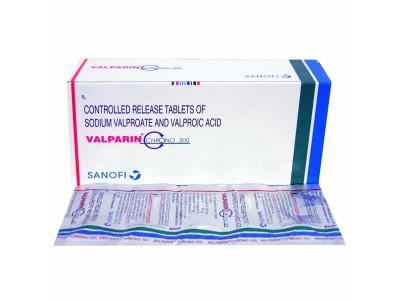While taking Valparin, or Valproic Acid, it is essential to remain vigilant and be aware of potential signs or side effects that may warrant attention. Regular communication with your healthcare provider is crucial, and you should promptly report any unusual symptoms or changes in your health.
One important aspect to monitor is any signs of liver problems, as Valparin can affect liver function. Symptoms such as jaundice (yellowing of the skin or eyes), dark urine, persistent nausea, or abdominal pain should be promptly reported to your healthcare provider. Regular liver function tests are often conducted to monitor for any adverse effects on the liver. Also you can buy aldactone + dry mouth.
Changes in mood or behavior should also be observed, particularly in individuals being treated for bipolar disorder. An increase in depressive symptoms or the emergence of unusual behaviors should be communicated to your healthcare provider for further evaluation.
While on Valparin, it’s crucial to be mindful of any unusual bleeding or bruising, as the medication may affect platelet function. Inform your healthcare provider if you notice prolonged bleeding or easy bruising.
As Valparin can cause drowsiness or dizziness, caution should be exercised when engaging in activities that require alertness, such as driving or operating machinery. If these side effects significantly impact daily activities, it is advisable to discuss them with your healthcare provider.
Additionally, any changes in medication, including the initiation or discontinuation of other drugs, should be communicated to your healthcare provider to assess potential interactions or adjustments in the treatment plan.
In summary, while taking Valparin, attentive monitoring for signs of liver problems, mood changes, unusual bleeding, and the impact on alertness is crucial. Open communication with your healthcare provider about any observed changes or concerns ensures a collaborative approach to managing your health and optimizing the effectiveness of Valparin in treating conditions such as epilepsy or bipolar disorder.

